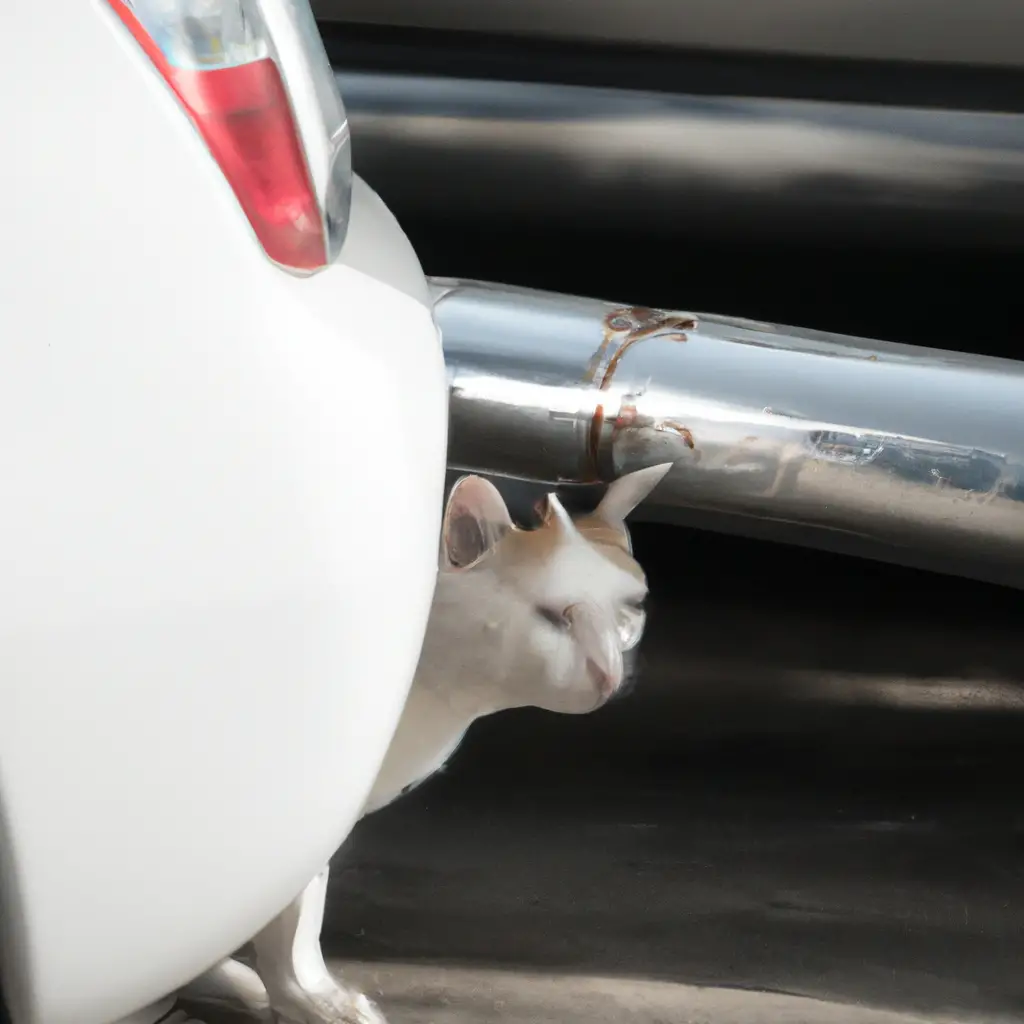Want to upgrade your ride with a high flow catalytic converter, but worried it may not pass emissions? Well, fear not. This article explores the question on every car enthusiast's mind: Will high flow cats pass emissions? We'll dive into the nuts and bolts of catalytic converters, discuss how they function, and analyze the differences between high flow cats and traditional ones. With a focus on the effectiveness and overall performance of high flow cats, we'll also address their impact on emissions and whether they meet the latest EPA standards. So buckle up and join us on this journey of discovery, as we explore the world of high flow catalytic converters.
Will High Flow Cats Pass Emissions?
Understanding Emissions Testing and High Flow Cats
Emissions testing is the process whereby vehicle exhaust systems are checked for pollutants. High flow cats are considered an aftermarket replacement for the catalytic converter. But, will these high flow cats pass emissions during testing?
The Importance of Emissions Compliance
To ensure air quality standards are met, the Environmental Protection Agency (EPA) mandates that vehicles must undergo periodic emissions testing. This includes testing for numerous regulated pollutants. It is, therefore, important to ensure your vehicle’s exhaust system remains emissions compliant.
High Flow Cats vs. OEM Catalytic Converters
High flow cats are designed to offer better performance than standard catalytic converters. They have greater flow rates, which means more air can pass through. But, how do high flow cats compare to OEM catalytic converters with respect to emissions compliance?
Understanding the Emissions Performance of High Flow Cats
When it comes to emissions, high flow cats are often a gray area. It should not be a surprise that these aftermarket parts can lead to either passing or failing an emissions test. Some high flow cats are designed to pass emissions testing, while others are not. It is better to understand what each state's emissions test parameters are.
Ensuring High Flow Cats are Emissions Compliant
Installing high flow cats can result in increased exhaust emissions if not installed properly. Additionally, it is important to use high flow cats that are designed specifically to comply with emissions standards in your state. This ensures that your vehicle remains compliant with emissions regulations.
Conclusion
In conclusion, whether or not high flow cats will pass emissions largely depends on your specific situation. It is vital to understand the emissions testing requirements in your state and ensure that you purchase high flow cats that are compatible. This will aid in keeping your vehicle running smoothly and minimize the environmental impact.
What are high flow catalytic converters?
High flow catalytic converters are designed to reduce the restriction of exhaust flow and increase performance compared to regular catalytic converters.
Will high flow cats pass emissions?
Yes, high flow catalytic converters can pass emissions tests as long as they are designed to meet the emissions requirements of your state or country.
Are high flow cats street legal?
In most states and countries, high flow catalytic converters are not street legal as they do not meet the emissions regulations set forth by the government. However, some states allow the use of high flow cats as long as they are specifically designed to meet emissions requirements.
Do high flow cats contribute to an increase in power?
High flow catalytic converters can increase power and performance in a vehicle, but this increase in power may not be significant and may depend on other modifications made to the vehicle.
How can I ensure my high flow cats will pass emissions?
To ensure that your high flow catalytic converters will pass emissions tests, make sure to purchase a product that is specifically designed to meet the emissions requirements of your state or country. It is also important to properly maintain your vehicle and replace the catalytic converters as needed.
Will High Flow Cats Pass Emissions: A Recap
The use of high flow catalytic converters has become popular among car enthusiasts nowadays, but the question arises whether they can pass emissions tests or not. According to studies conducted by experts, high flow cats may or may not pass emissions tests depending on the type and quality of the catalytic converters used.
Emission standards are set by regulatory bodies to control the amount of pollutants released into the environment from vehicles. High flow cats are designed to increase performance by allowing exhaust gases to flow more freely, but at the same time, they might not be able to reduce emissions as effectively as standard cats. Therefore, it is essential to choose the right type of high flow cat that meets emission standards.
To ensure high flow cats pass emissions tests, it is necessary to install them correctly and ensure they are properly functioning. Testing the emissions before and after the installation of high flow cats can help determine if they are compliant with emission standards.
Furthermore, it is essential to be aware of state and federal regulations regarding the use of high flow cats in a car. Some states do not allow such modifications due to environmental concerns, and violating these regulations can result in hefty fines and penalties.
In conclusion, while high flow cats are designed to increase performance and improve exhaust flow in vehicles, they may not be compliant with emission standards. Choosing an appropriate high flow cat, installing it correctly, and complying with state and federal regulations can help to ensure passing of emissions tests.


